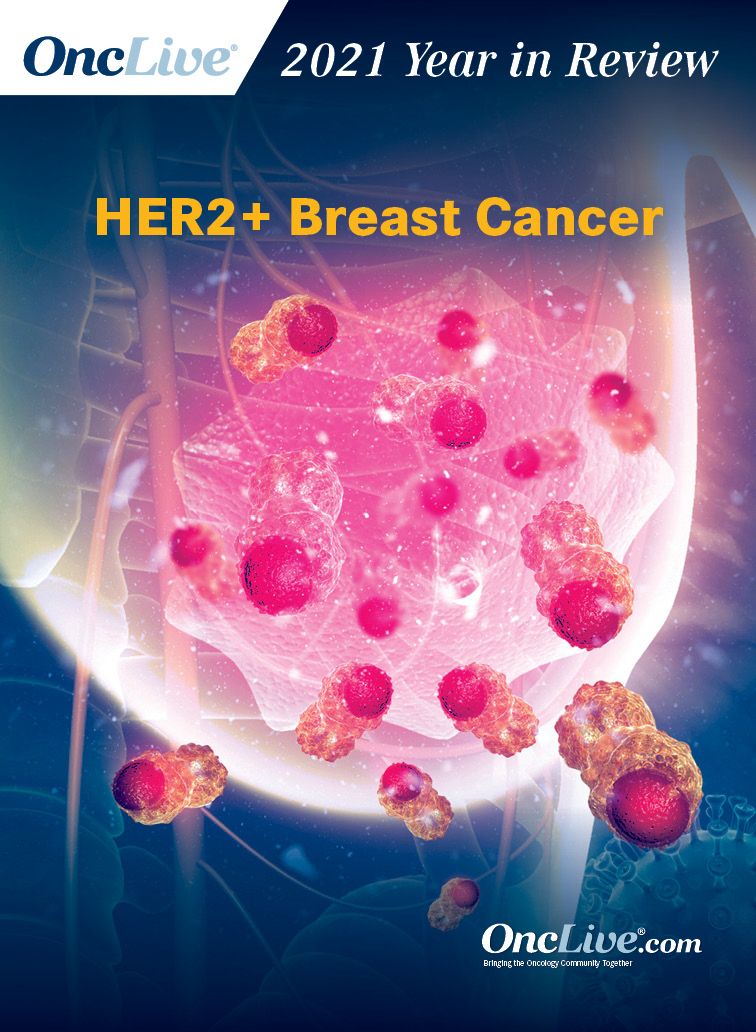Dr. Rao on Incorporating Updated NCCN Guidelines Into Treatment Selection for HER2+ Breast Cancer
Ruta D. Rao, MD, discusses how the updated National Comprehensive Cancer Network guidelines have influenced treatment selection for patients with HER2-positive breast cancer.
Ruta D. Rao, MD, associate professor, Department of Internal Medicine, Division of Hematology, Oncology, and Cell Therapy, Rush Medical College, director, Coleman Foundation Comprehensive Breast Cancer Clinic, medical director, Rush University Cancer Center, discusses how the updated National Comprehensive Cancer Network (NCCN) guidelines have influenced treatment selection for patients with HER2-positive breast cancer.
The NCCN guidelines now recommend fam-trastuzumab deruxtecan-nxki (Enhertu) as a second-line treatment option for patients with metastatic HER2-positive breast cancer, Rao explains. Although ado-trastuzumab emtansine (T-DM1; Kadcyla) is also a recommended second-line agent, trastuzumab deruxtecan has been listed as a preferred regimen. These guidelines support selecting trastuzumab deruxtecan over T-DM1 in this patient population, Rao says.
Additionally, the guidelines list several regimens as recommended third-line treatment options, including the combination of trastuzumab (Herceptin), capecitabine (Xeloda), and tucatinib (Tukysa). Other HER2-directed agents like neratinib (Nerlynx), margetuximab-cmkb (Margenza), and trastuzumab in combination with chemotherapy are also recommended for patients with metastatic HER2-positive disease in need of third-line treatment, Rao concludes.




